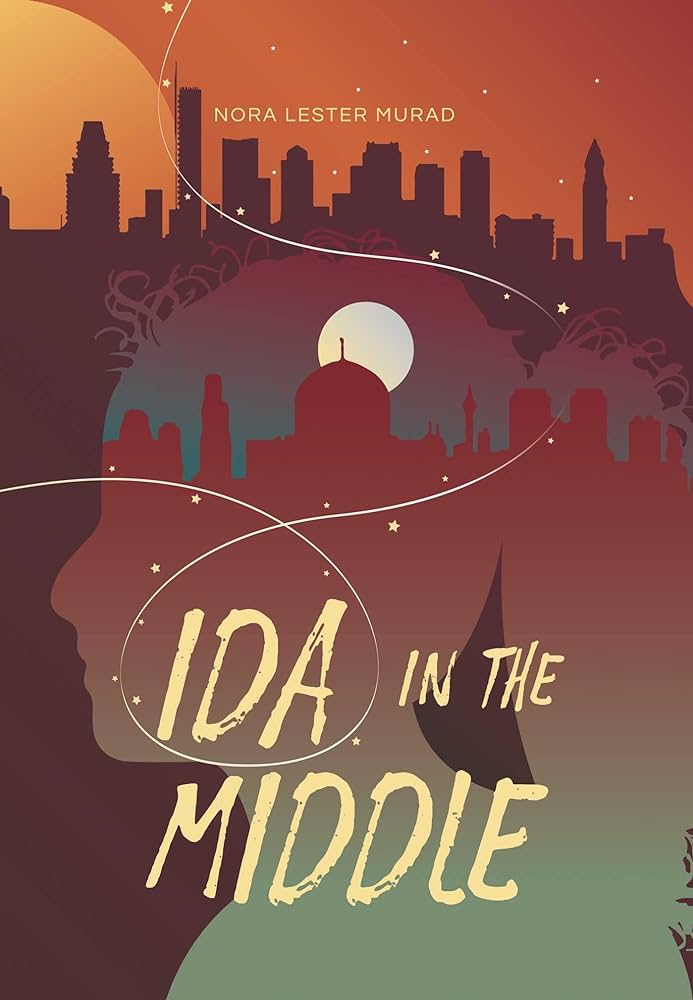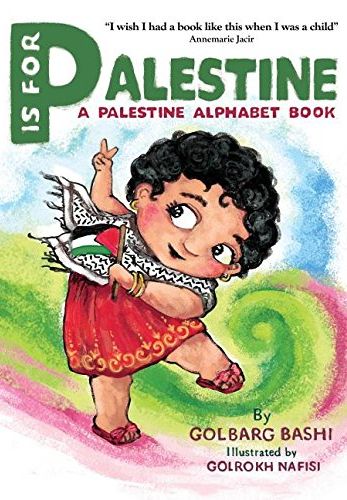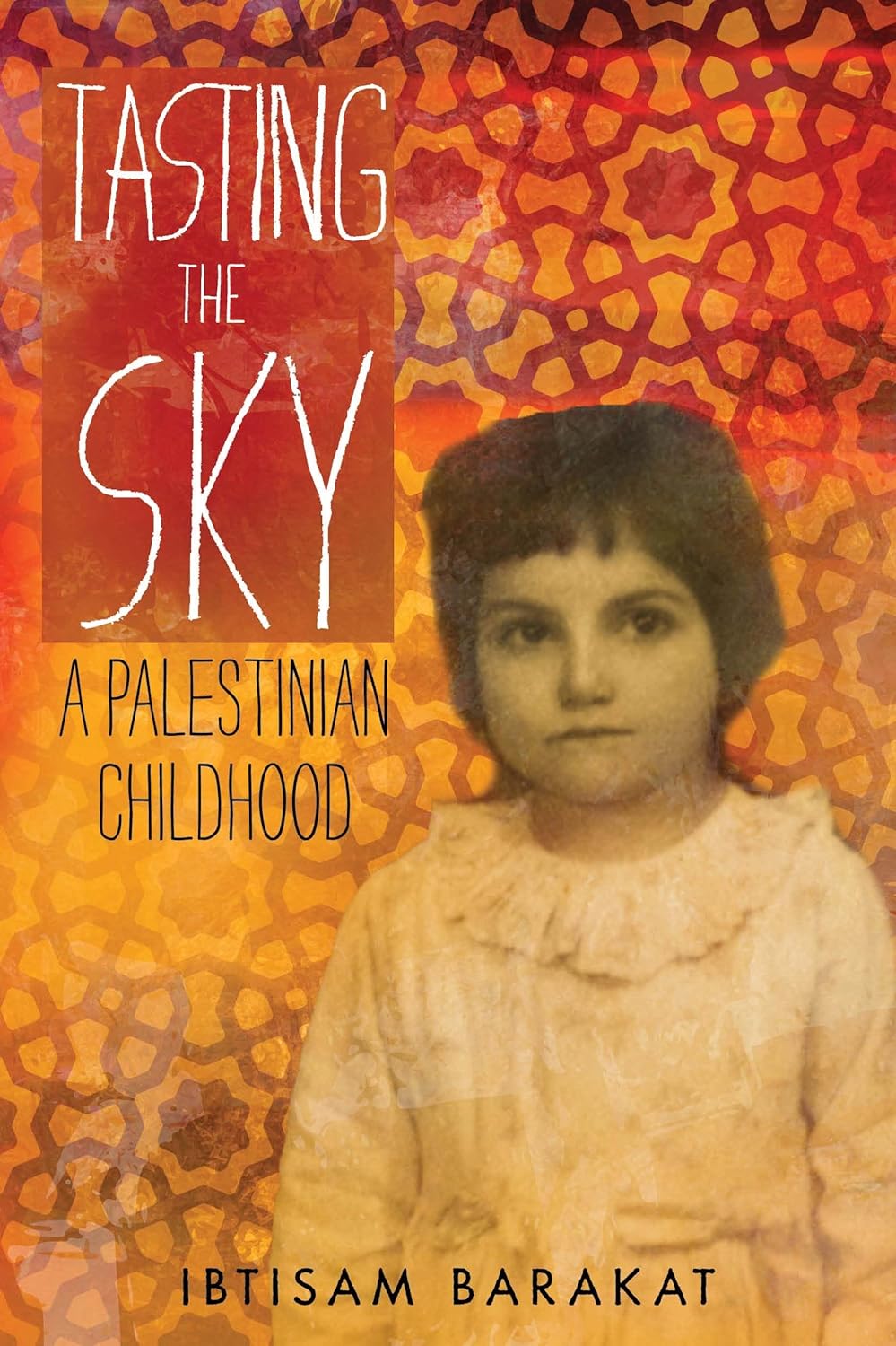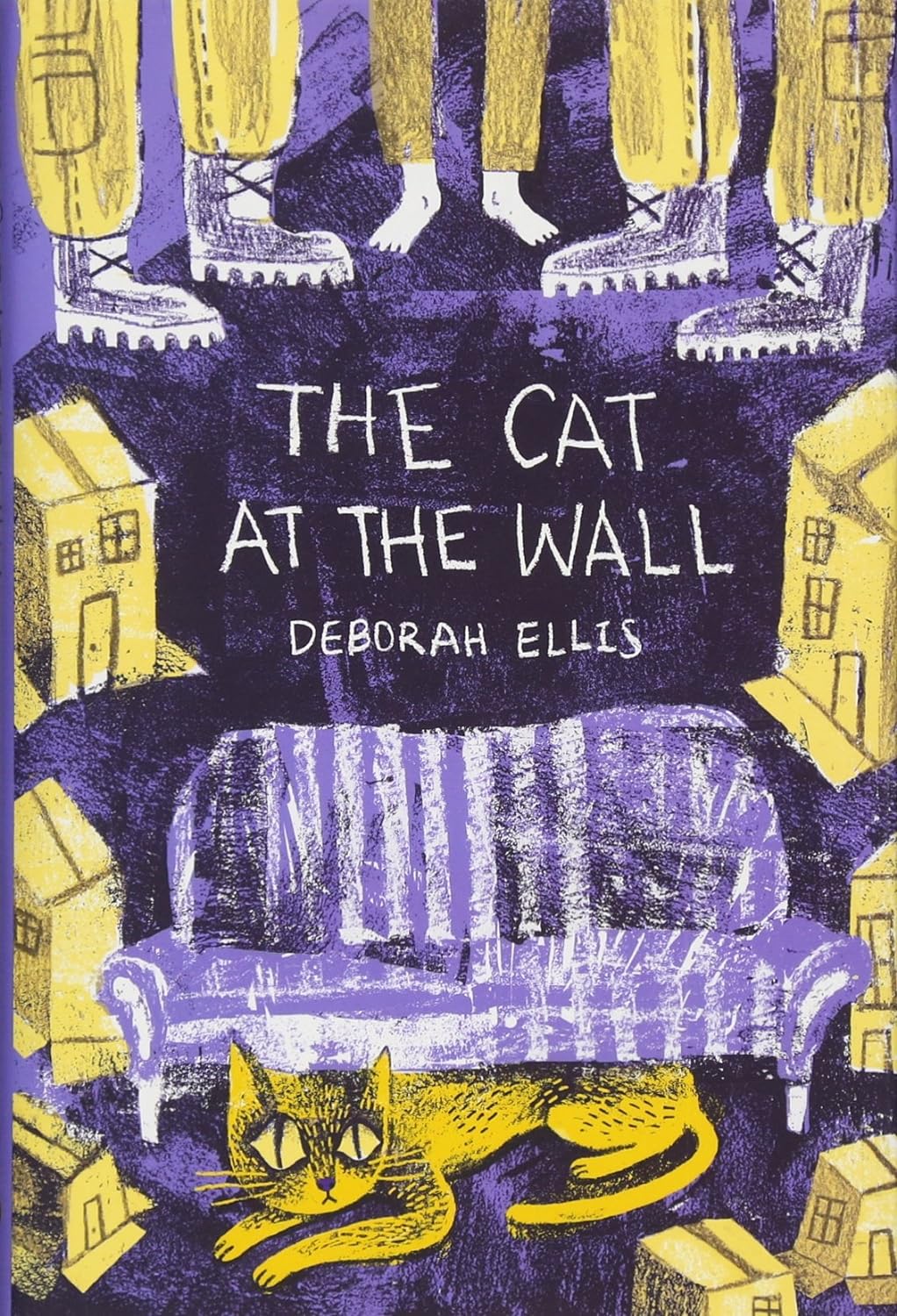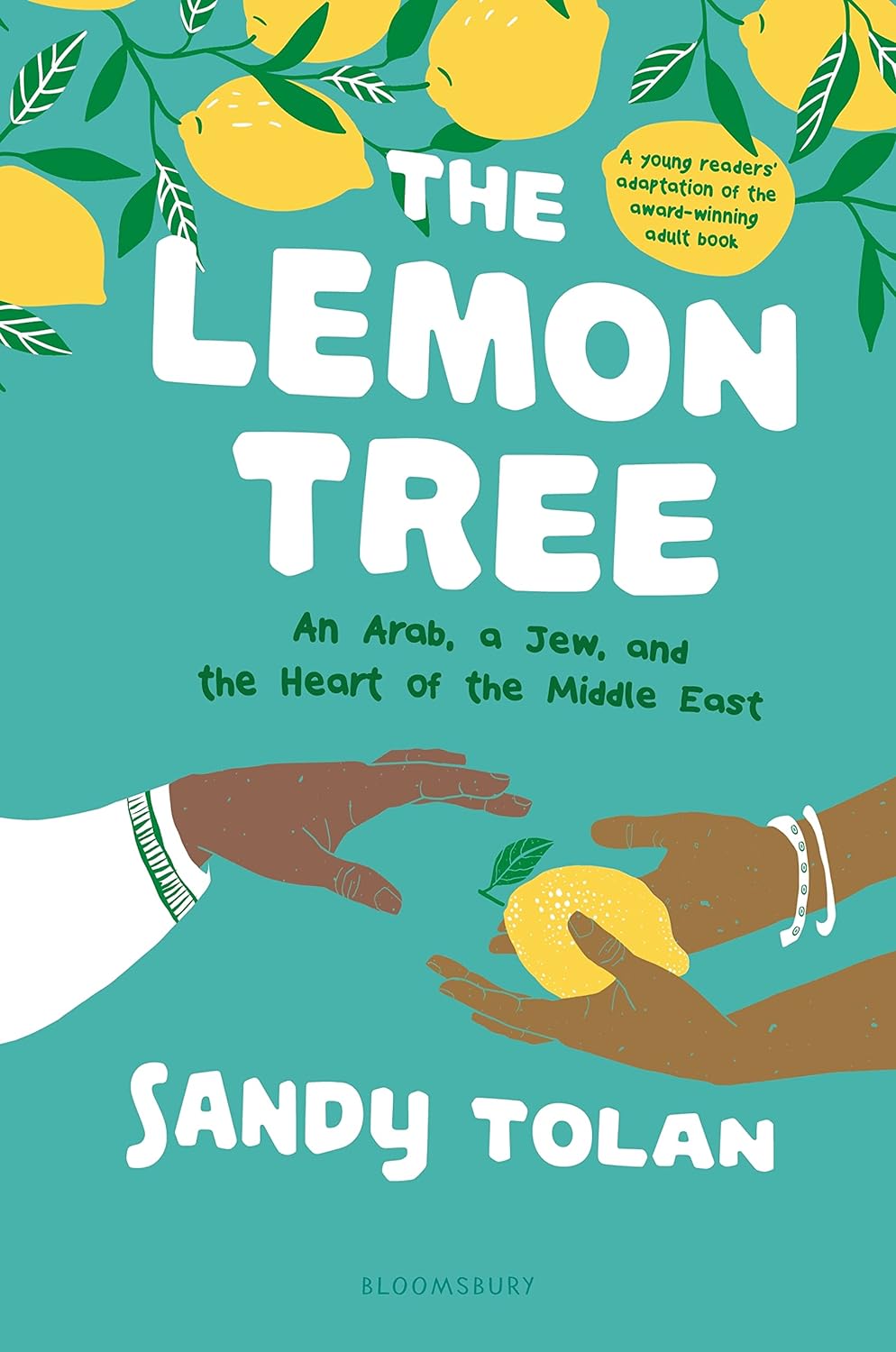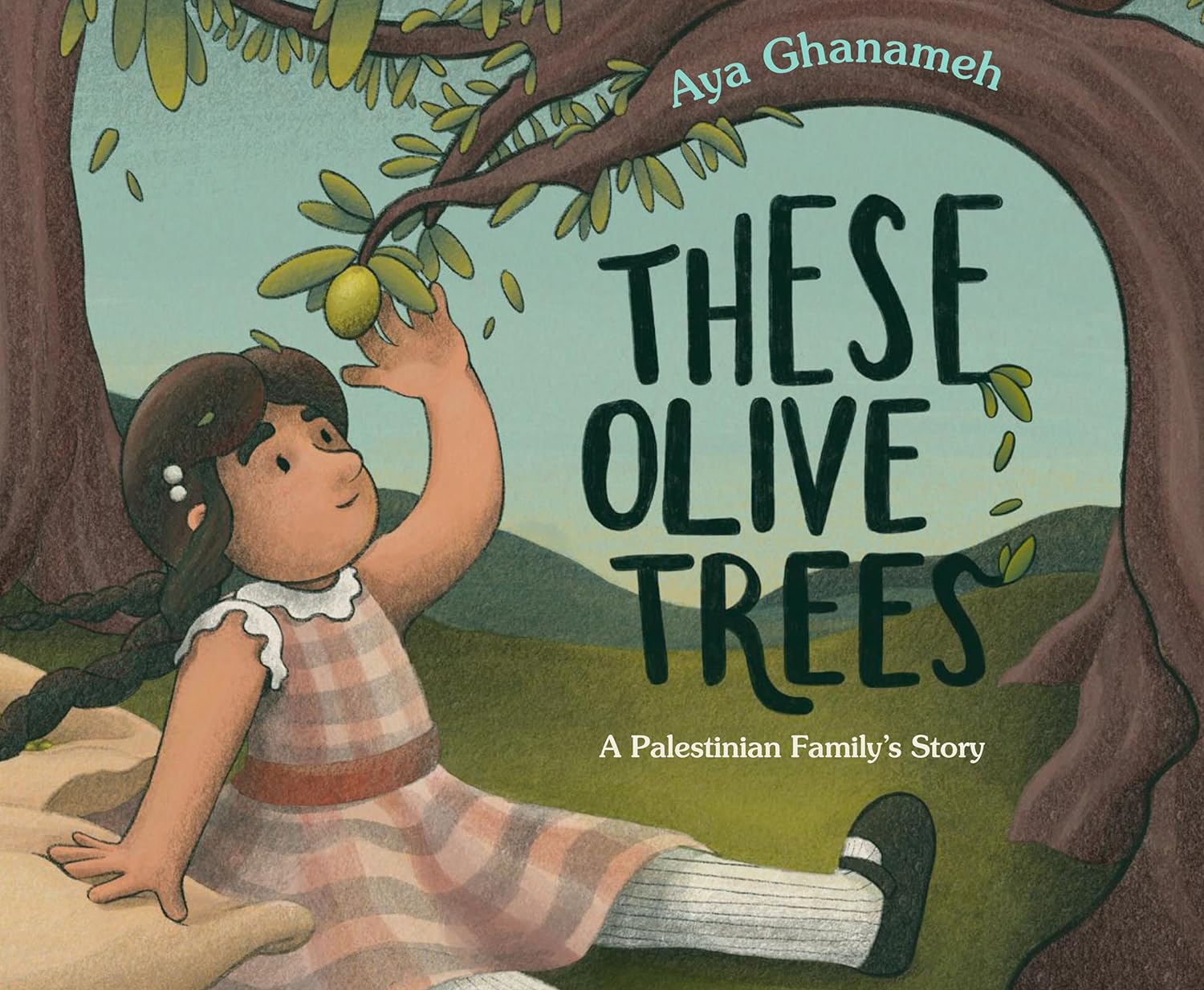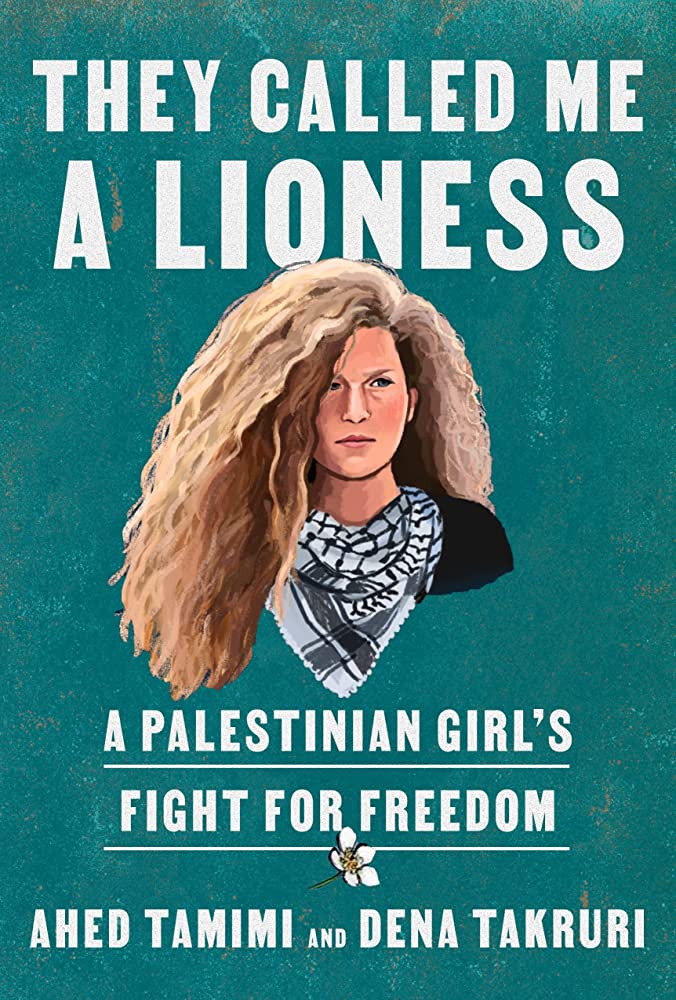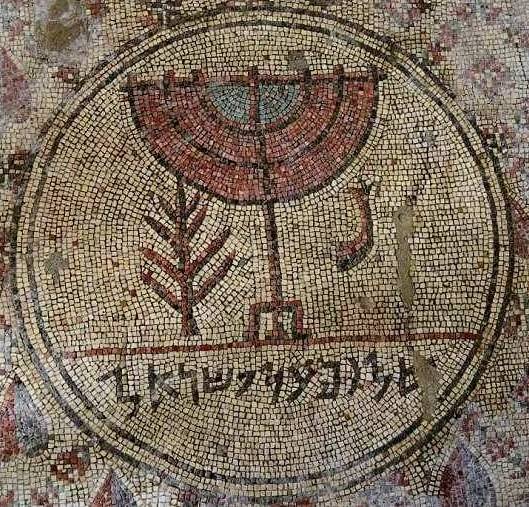by Nora Lester Murad
2022
_______________
Young readers identify with a character who feels lonely and rejected at school, but when that character promotes anti-Israel lies, the book is propaganda, and doesn’t belong in the classroom.
by Golbarg Bashi, illustrated by Golrokh Nafisi
2018
Reading a good picture book with a child can be a joyful experience. But picture books that privilege indoctrination over imagination aren’t really literature. They betray the bond of trust between adult and child.
by Malak Mattar
2022
Seeing Gaza through a child’s eyes offers young readers only a partial perspective on the conflict – especially when Hamas is erased from the story, and Israel is held responsible for all suffering.
by Ibtisam Barakat
2007
The author’s memories of the Six-Day War are poignant, but feelings aren’t history. This memoir inverts responsibility for the war, replacing information with distortion.
by Deborah Ellis
2014
Post-October 7 revelations about UNRWA schools expose the naiveté of this dated account of the Second Intifada. It’s not misunderstanding, but hatred, that underlies the Arab-Israeli conflict.
by Sandy Tolan
2020
Many authors strive for even-handedness when tackling the Arab-Israel conflict in novels for young readers. But when critical context is omitted, the results will reveal an author’s bias or ignorance.
by Aya Ghanameh, illustrated by Aya Ghanameh
2023
A picture book on Palestinian exile that erases the word “Israel” and falsifies history can have only one goal: to prejudice young readers against Israel and Jews.
by Ahed Tamimi and Dena Takruri
2022
Ahed Tamimi is not a model of nonviolent resistance — what she describes as an unarmed “grassroots resistance movement” was actually quite violent — but young readers with no background knowledge about the Middle East will be easily misled by her deceptive autobiography.
by Ibtisam Barakat
2010
As a story assigned to young readers in public school classrooms, there are serious concerns about messages of “Uncle Meena” on the Arab-Israeli conflict, Jewish history, and American Jews.
Featured author: Naomi shihab nye
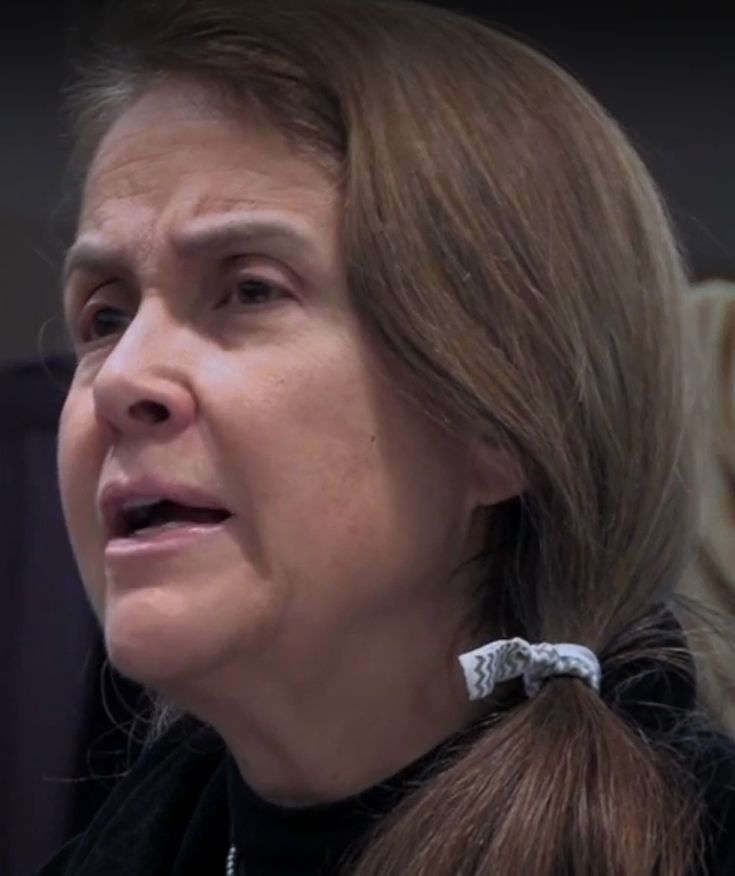
Maligning Israel for young readers
The books we read as children stay with us all our lives. In our earliest stories, big, bad wolves threaten innocent children – and few of us grow up with warm, fuzzy feelings about wolves. Replace that wolf with an Israeli soldier, and you have an indelible image. That is the danger of the writings of Palestinian-American children’s poet and novelist Naomi Shihab Nye.

 Education Institute
Education Institute